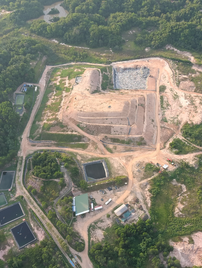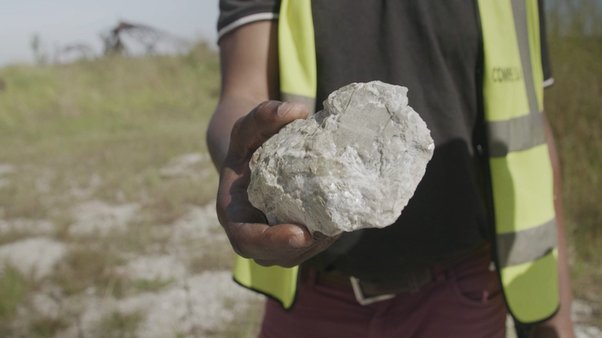Secretly filmed footage shows Veolia pumping toxic pollutants into protected Colombian wetlands
French multinational Veolia could be risking health impacts including birth defects by pumping toxins from a large landfill into protected wetlands in Colombia, a new Global Witness investigation has found

Trending investigations
-

Slash and sell
A Canadian asset manager part run by green finance champion Mark Carney cleared thousands of football fields worth of tropical forest in Brazil, our investigation can reveal. 08 November 2022
-

A rush for lithium in Africa risks fuelling corruption and failing citizens
Three emerging lithium mines in Zimbabwe, Namibia and Democratic Republic of Congo (DRC) risk fuelling corruption and causing a range of other environmental, social and governance problems. 14 November 2023
-

How the militarisation of mining threatens Indigenous defenders in the Philippines
With skyrocketing global demand for critical minerals – vital to the green energy transition – Indigenous groups and biodiversity are at risk in the Philippines. 03 December 2024
Climate crisis in focus
-

How can we hold companies responsible for the damage they cause?
Irresponsible companies are causing environmental destruction and human rights abuses around the world – but there is action we can take to stop them
-

Ukraine, Putin, gas and sanctions: FAQs
From peace-washing to petrostates, we break down the key questions in the debate on sanctioning the Russian fossil fuel industry
-

What is climate disinformation?
Climate disinformation is hindering our ability to combat the gravest threat of our time
Defending our planet's frontline
Latest articles

Critical minerals were once for renewables. Now they’re for war
Trump’s obsession with rare earth minerals makes sense when you understand their role in modern military technology

Trump's minerals deal: Bad for Ukraine, bad for climate
Ukraine should be allowed to focus on a green recovery rather than fighting an exploitative and humiliating resource-grab from the USA
The time for change is now
The climate crisis is no longer an event on the horizon. It’s here, it’s now. Learn how you can support fearless investigative campaigning to expose the industries fuelling climate breakdown.


About us
Global Witness is an investigative, campaigning organisation that challenges the power of climate-wrecking companies, and stands with the people fighting back



